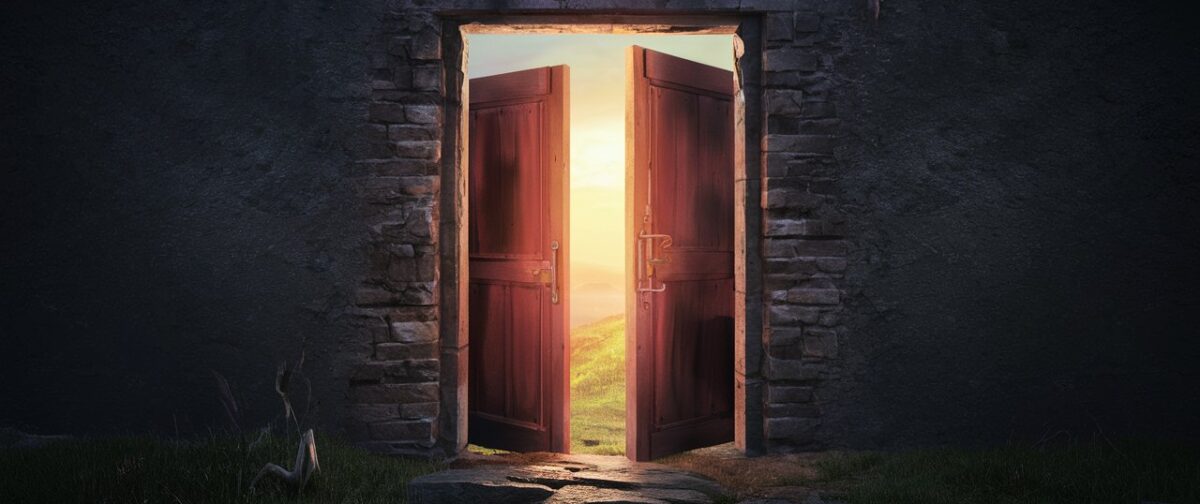
When you visit a new place in the world that you have never been to before, that place can often seem really exotic or really scary. Having never been there, we can feel an ambiguity when we think about it. Our mind sometimes casts that ambiguity into one of two extremes: the most amazing place on earth or a horrible, scary place where we will constantly have to be worried about safety concerns. Which one you pick often has to do with whether we have built positive or negative associations based on the types of stories we have heard about that place.
Psychologically, this is normal, but these initial conceptions unsurprisingly turn out to be completely wrong. You may initially see what you think you will see, but if you stay long enough or keep an open mind, you will slowly discover all the ways in which you were wrong.
For me, one of the most important lessons I learn when traveling to a new place is that this place, in all of its wonderful unusualness, is normal for the people who live there. When I visit a new part of the world, instead of thinking about how strange it is – whether strange in the exoticness or strange in the weird or scary sense – I try to think about how those who live there can consider it normal. For every place is normal for someone.
By thinking about how weird it is, I mentally separate myself from the place, but by conceiving of how this too is normal for some, I force myself to confront one of the most perplexing things about humanity and the world: how we can create so many different types of normal. Thus, I come to terms with how in its distinctiveness, it still has something major in common with the place that I call home: that it is a home for the people there.

